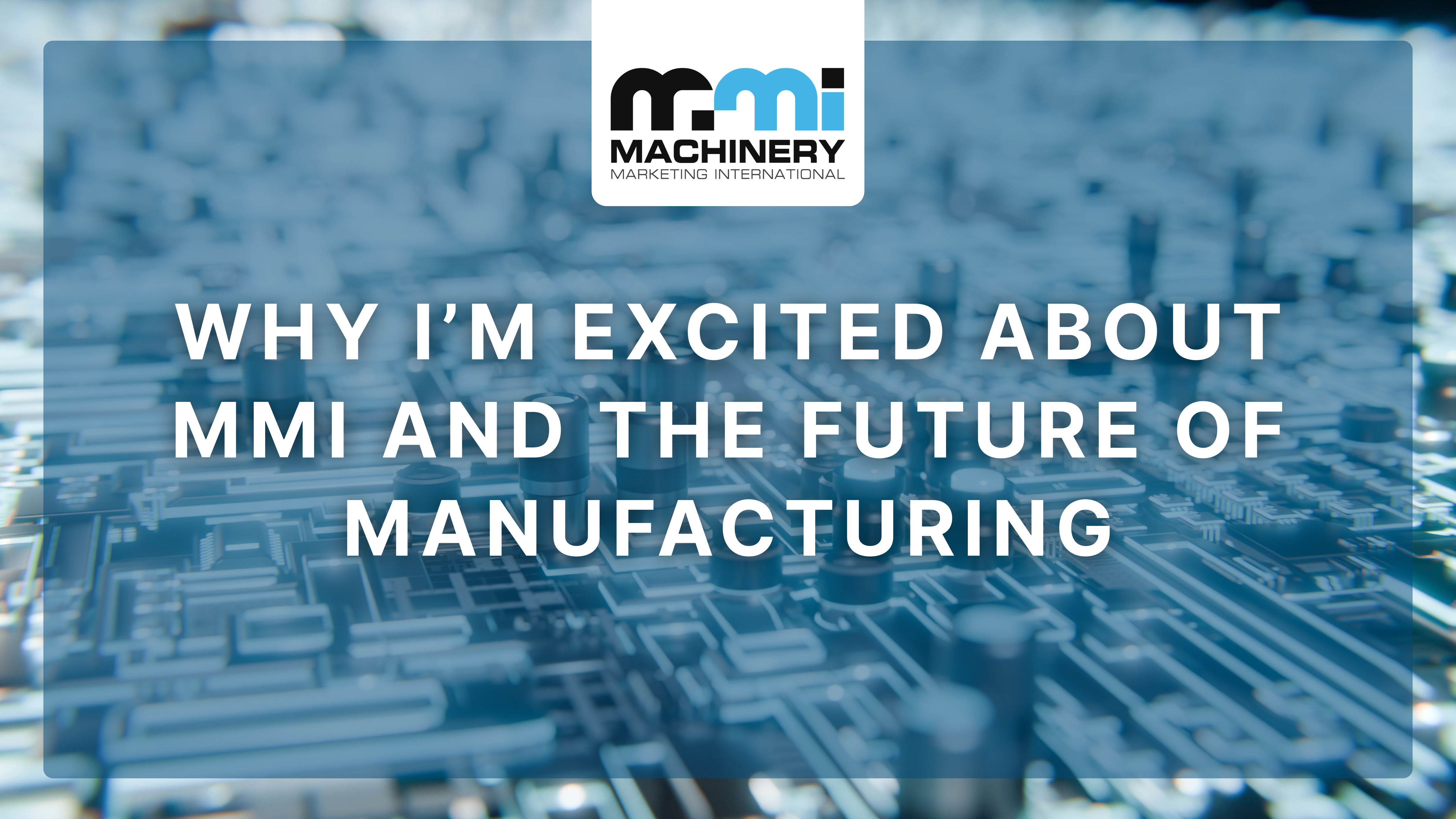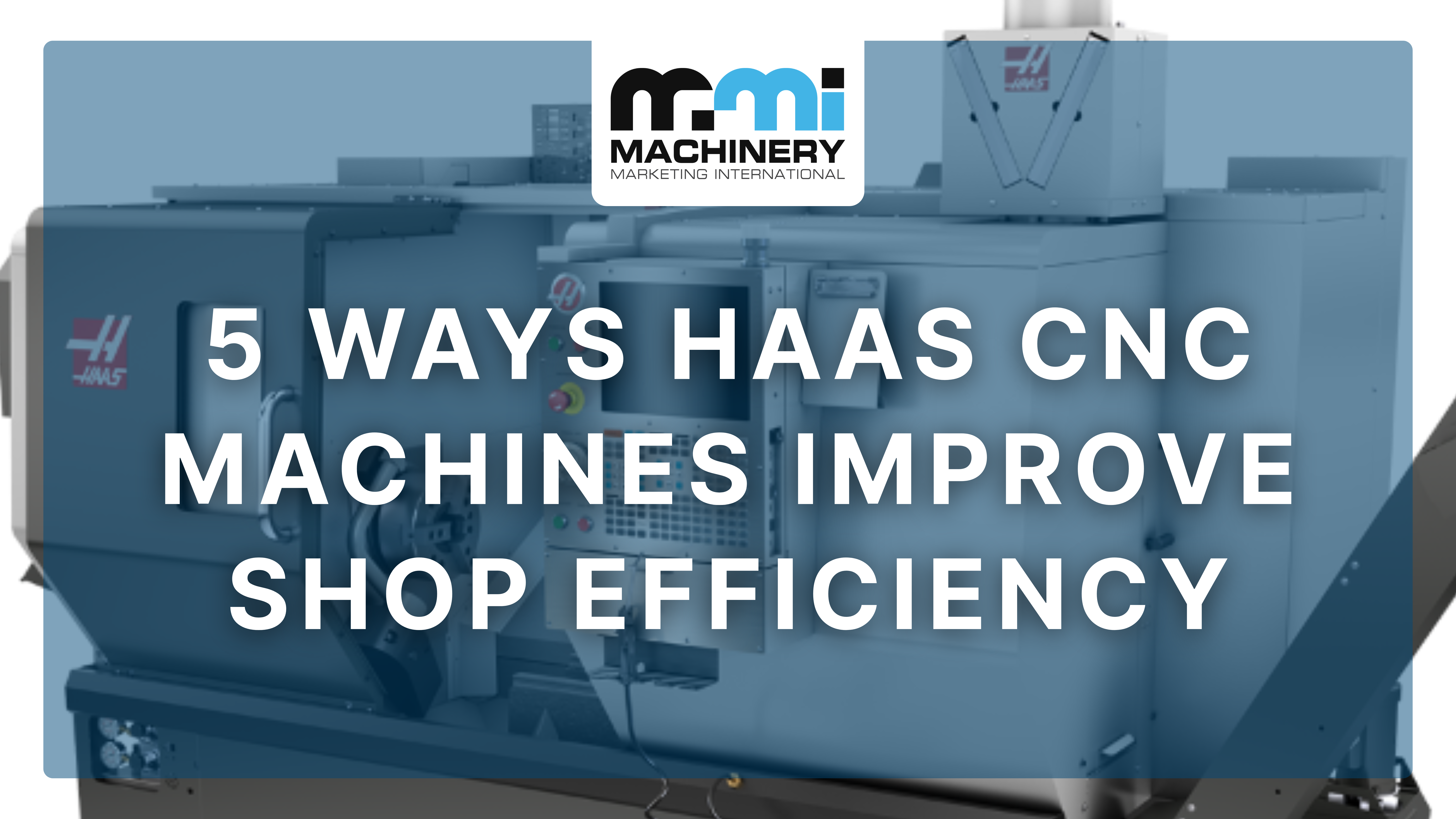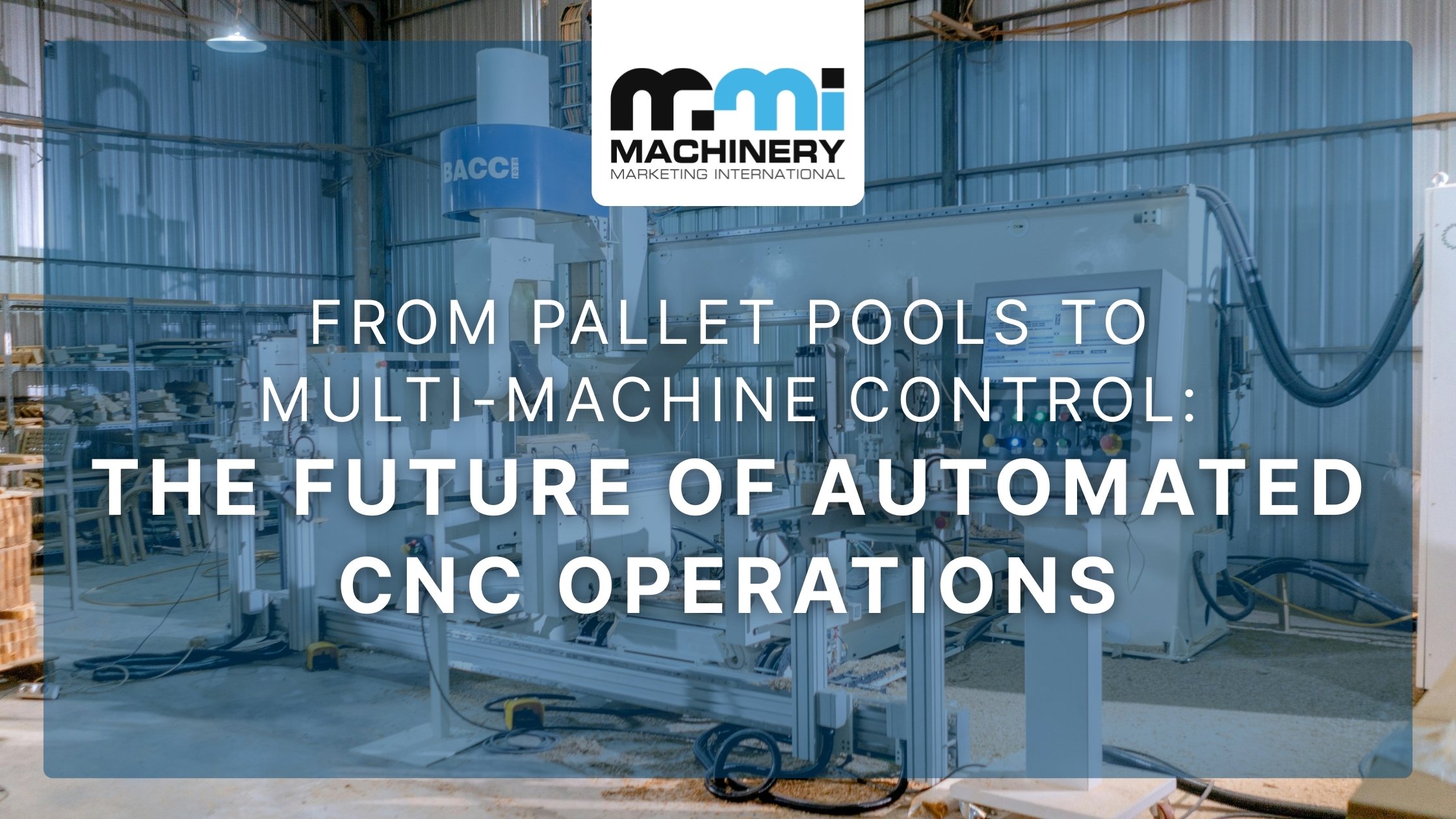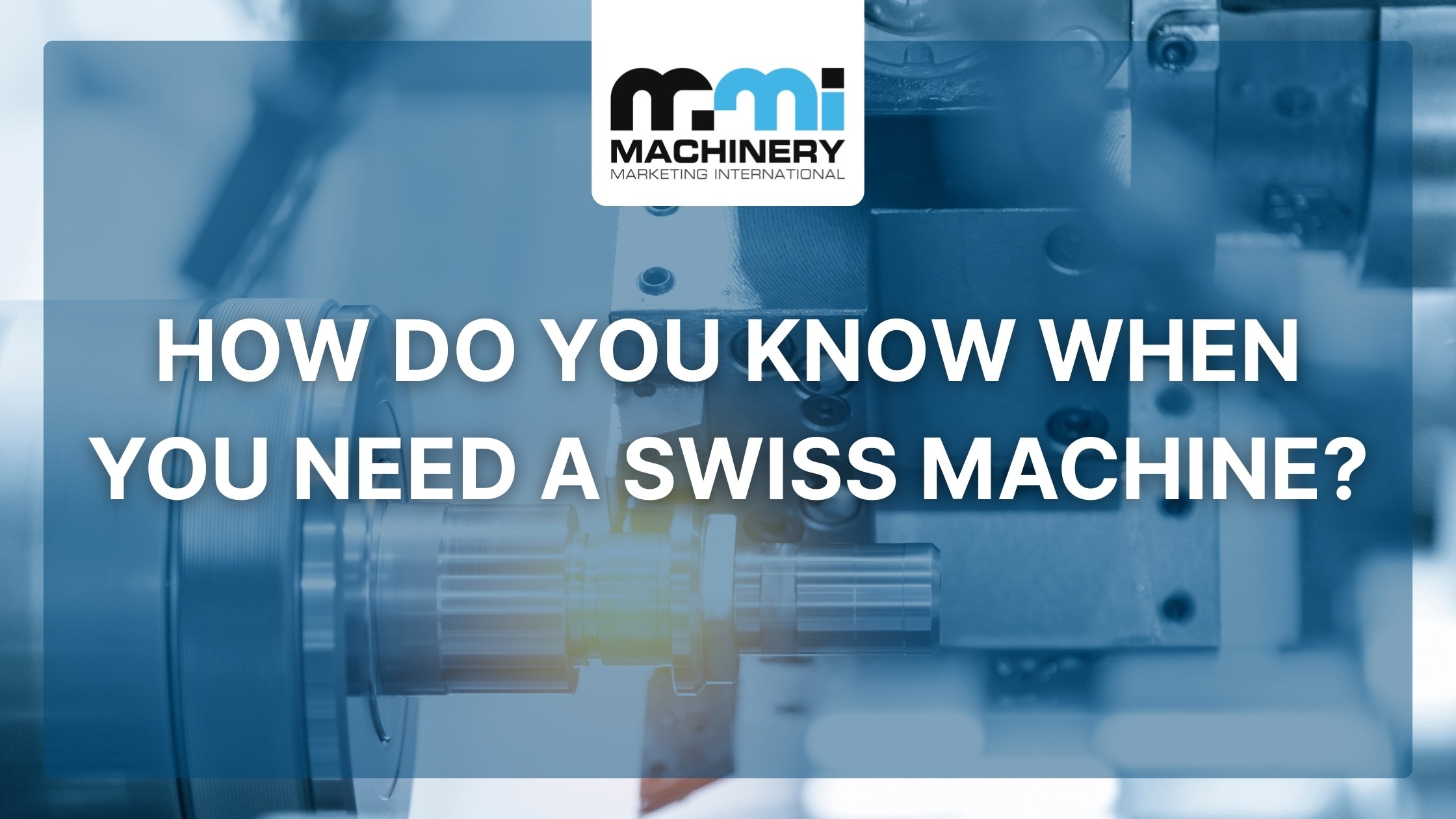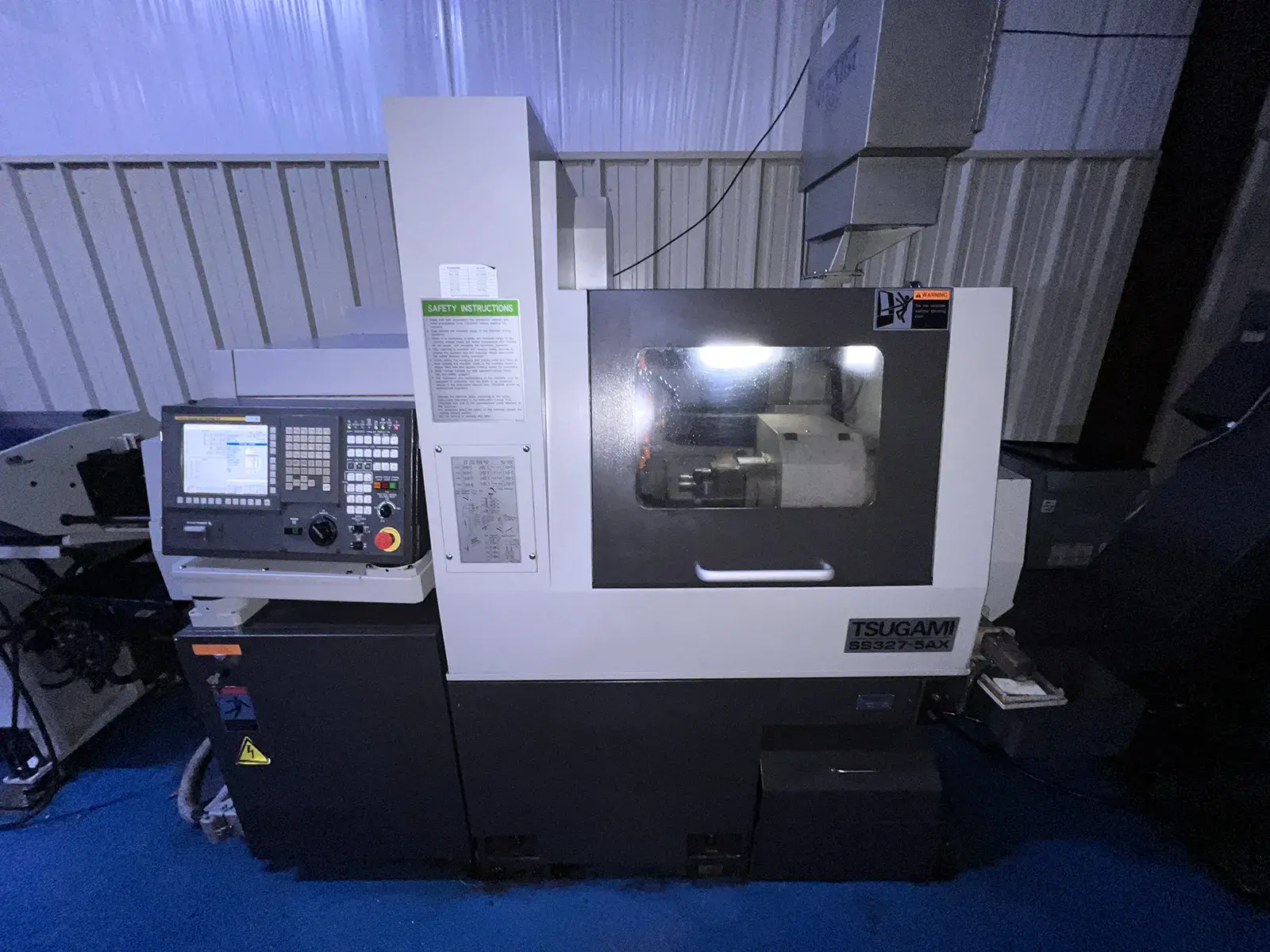If you’re involved in manufacturing, then it is no surprise that new CNC machines are typically an expensive investment. As such, many businesses choose to purchase used machines as economical alternatives to new ones. However, before doing so, it is important to determine if a used machine will fit your business needs. You’ll want to ensure that the machine has been properly maintained and that it can fulfill your production needs, otherwise you’ll waste time and money performing any extra repairs, which will slow down production. Here are some factors to look at:
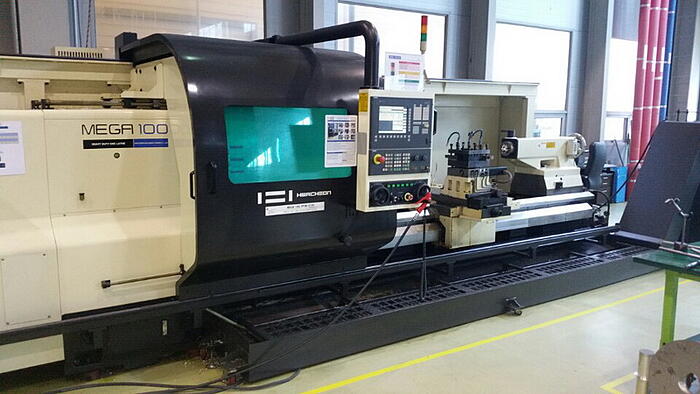
Production Speed: Will this particular machine meet the production demands of my business? This is the most important aspect to take into consideration, as a slow machine with a lower output than your business requires will obviously be detrimental to your success. Research the machine well and make sure it will meet your demands.
Maintenance: Will this machine require a lot of maintenance? Used CNC machines that require extensive or frequent repairs will become more costly in the long run. Ask yourself if your business can handle any unforeseen delays. How old is the machine? Age contributes to the longevity of the machine. Older machines with a lot of hours will typically require more maintenance than newer machines with fewer hours. However, age is not the sole factor that determines maintenance issues; inquire about its history. You should ask your dealer if the machine has had any major issues in the past. A reputable used machine dealer can usually put you in contact with its previous owner. Have any parts been replaced recently? Knowing this information before a purchase you can plan ahead for any future maintenance that will be required. How many work hours has the machine logged in? Like with a used car, the amount of work hours a machine has logged in will contribute to its longevity. Keep in mind how many hours you plan to add to the machine each year. For example, a business that runs a machine for sixteen hours a day, seven days a week will have different needs than a business that runs a similar machine six hours every month.
Work Materials: What type of materials did the machine work on? This is an aspect that is easily overlooked. Even if a machine is only used infrequently, the kind of materials it works on will contribute to its long-term use. Heavier materials, such as cast iron, are harder on a machine and will cause greater wear to it, as opposed to lighter materials, such as aluminum. Take the machine’s material history and what your personal use of it will be into account before making a purchase.
While the specific uses and needs of different CNC machines will vary from business to business, the information provided above is a good starting point for your research. A reputable dealer should be able to answer any of your questions regarding a machine’s history or at the very least, will be able to put you in contact with its previous owner.

